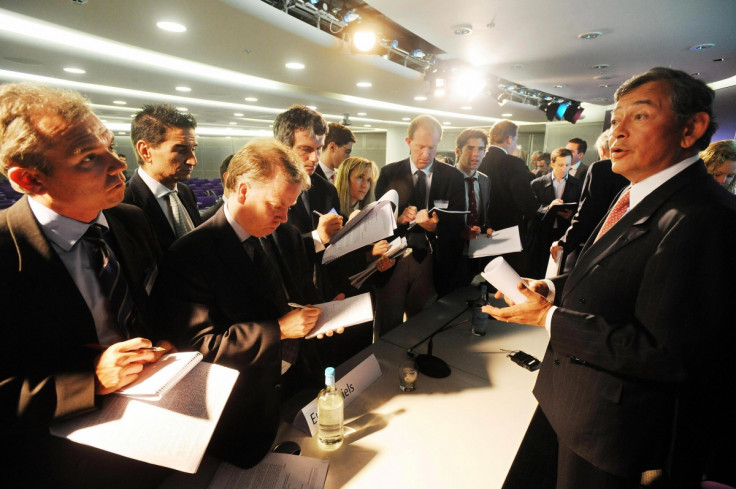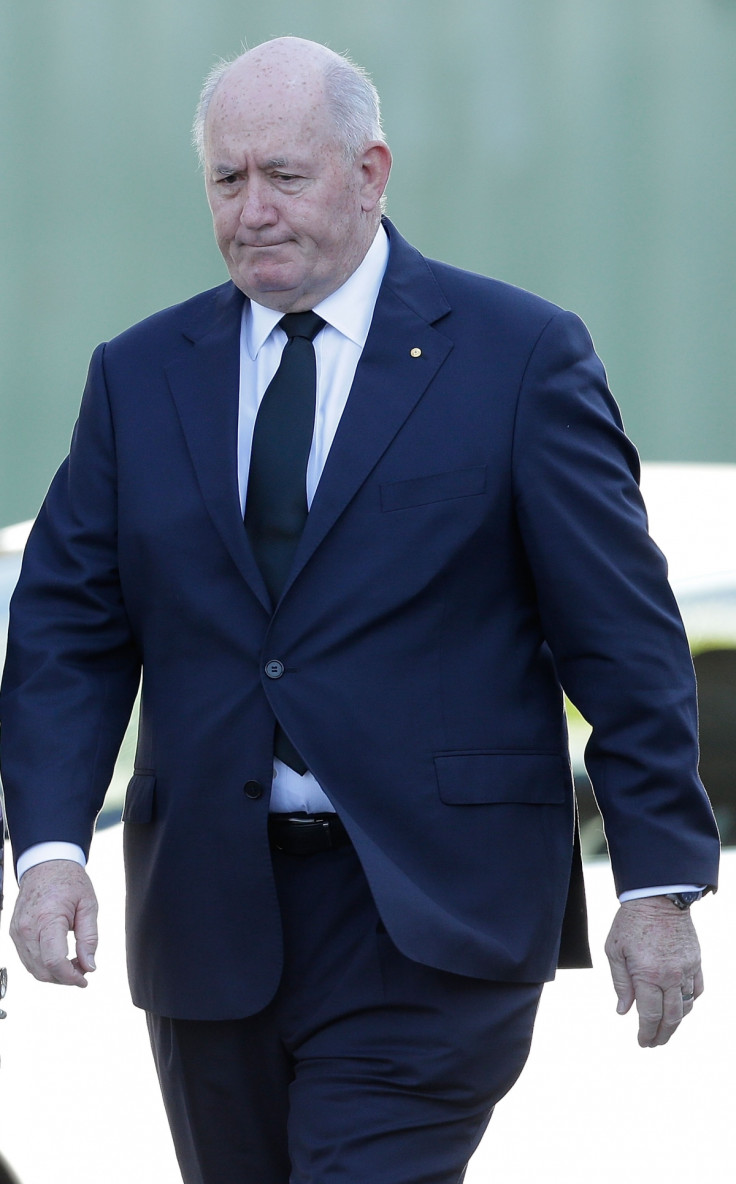HBOS management could be banned from City as regulators urge probe to be reopened

Regulators have recommended that investigations into the failings of HBOS are reopened. If watchdogs launch a new probe, this means that the former board and senior management of Halifax Bank Of Scotland (HBOS) could be banned from the City.
In 2008, HBOS was embroiled in the credit crunch banking collapse and received a government bailout via Lloyds. The Financial Services Authority (FSA), which has now been replaced by different regulators, launched an investigation into the bank.

The report by the Bank of England (BoE) published on 19 November and authored by trial lawyer Andrew Green, argued that the initial decisions regarding the bank and its mismanagement by the former regulator were flawed.
The BoE's Prudential Regulation Authority (PRA) and Financial Conduct Authority (FCA) said that the report by the FSA focused too much on Peter Cummings, who headed the mortgage lender's corporate operations, among other mistakes.
Cummings, who was given a £500,000 fine and was banned from the City, has since expressed his discontent about being 'singled out' by the FSA. The BoE report has shown that the responsibility for the bank's failure lies with the board and senior management, many of which went unpunished.
The findings mean that up to ten executives from the former Halifax Bank of Scotland could be banned from working in London's financial hub, the City. Among them is Andy Hornby, the former chief executive of the bank who is now the chief operating of betting giant Coral.
"The story of the failure of HBOS is important both to provide a record of an event which required a major contribution by the public purse, and because it is a story of the failure of a bank that did not undertake complicated activity or so-called racy investment banking. HBOS was at root a simple bank that nonetheless managed to create a big problem," said Andrew Bailey, chief executive of the PRA.
The bank was taken over by state-backed Lloyds in 2008 after it became apparent it had failed. Former Lloyds' chief Eric Daniels faced harsh criticism after it effectively saved its rival in a £12.2bn deal.
The BoE investigators said that it was the management's failings to set out an appropriate strategy for the firm that made bank go under. According to the report, the board and senior executives did not challenge a flawed business model and relied too much on continuous growth.
"Today's report is a timely reminder that when directors fail, companies fail," Oliver Parry, senior corporate governance adviser at the Institute of Directors commented. "HBOS may have been swept up in a global financial crash, but the regulators are clear that a lack of expert oversight from the HBOS board made it 'inherently vulnerable.'"
"Banking regulation is much tougher now than it was in 2008, but this should not lull us into a false sense of security. Banks live and die by the strengths of the directors sat around the board table, particularly the ability of non-executives to challenge management decisions. Increased capital requirements and ring-fencing the investment arms of banks will not stop financial crises happening," said Parry.
Before the financial crash in 2008, the economy had been booming. Many financial institutions are now accused of not considering the possible risk of their actions.
© Copyright IBTimes 2025. All rights reserved.






















